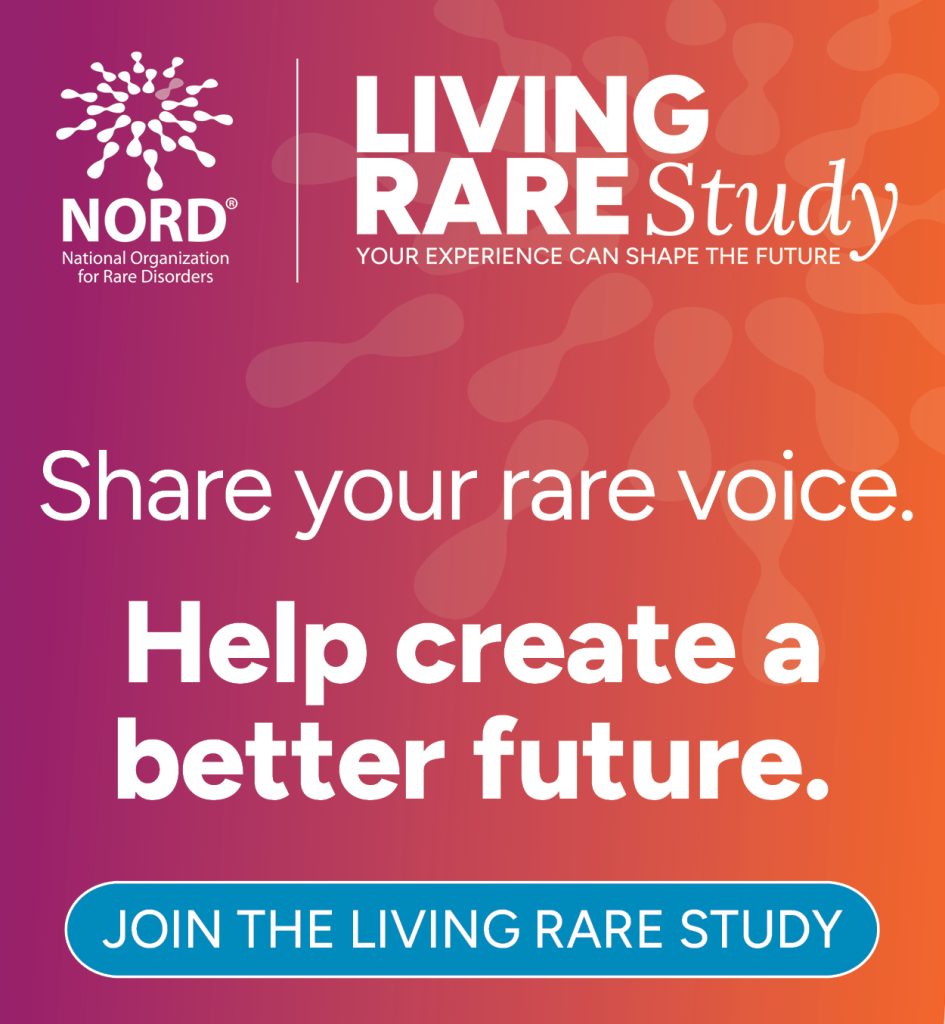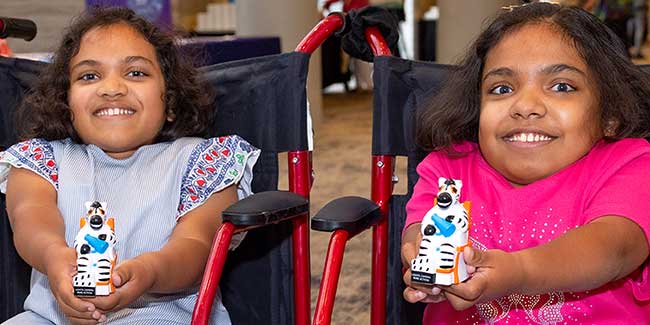Washington, DC, March 20, 2018—A majority of states are not measuring up on legislative solutions that reduce the burden of rare diseases affecting 30 million Americans, according to a new report released today by the National Organization for Rare Disorders Rare Action Network® (NORD RAN). The 2018 “State Report Card” indicates that progress in several areas of health policy is slow.
“The numbers are astonishing,” said Peter L. Saltonstall, president and CEO of NORD. “The latest State Report Card shows that state laws are not sufficiently representing millions of citizens. State lawmakers play an important role in determining individual access to health care and the report indicates that in several states, laws are failing rare disease patients.”
The annual edition of the State Report Card rates states on the strength of policies including coverage of medical foods and newborn screening, prescription drug cost-sharing limits, policies supporting biosimilar prescriber communications, protections against step therapy protocols, and the establishment of rare disease advisory councils. New this year, the report also looks at Medicaid 1115 Waivers (including proposed work requirements, lifetime limits, drug formulary restrictions, and other proposed changes to benefits), storage and research consent for dried blood spot samples used in newborn screening, and state Right-to-Try laws.
Overall, the report found that:
- Fifteen states earned an F for failing to mandate adequate coverage of medical foods
- Thirty-six states earned an F for failing to enact prescription drug cost-sharing limits, despite third-party analysis showing these cause little to no impact on overall plan premiums for all beneficiaries
- Newborn screening has saved tens of thousands of lives, yet more than half of states fail to meet federal recommendations
- Fifteen states earned an A or B for protecting patients against step therapy, a procedure by which insurers (public or private) interfere with and delay appropriate care for patients that ultimately increases costs
A color-coded grading system is used to identify how well a state is doing. Blue represents “Grade A,” or the ideal state policy that serves as a model for others to follow, and ranges to orange indicating a “Grade F,” for a state has no policy in place or inadequate policy.
The State Report Card also offers a vision statement and guidance for each policy area as a way to benefit rare disease patients and their families. In total, the 2018 Report provides detailed analysis on these policy issues:
- Medical foods coverage requirements for commercial health plans
- Medical foods coverage requirements for state-run programs
- Capitation of prescription drug cost sharing in commercial health plans
- Adoption of federally-recommended (RUSP) newborn screening core conditions
- Adoption of RUSP newborn screening secondary conditions
- State procedures for adding new diseases to its newborn screening panel
- Rules on the storage and research uses of newborn screening dried blood spots
- Medicaid eligibility levels, including for the Children’s Health Insurance Program (CHIP)
- Medicaid 1115 Waivers for work requirements and formulary exclusions
- Biosimilar prescriber communication
- Patient Protections against Step-Therapy (Fail First) protocols
- Establishment of Rare Disease Advisory Councils
- Right-to-Try laws
“The intent with this report is to share valuable information that will enable advocates to affect change in their state,” said NORD Director of State Policy, Tim Boyd. “Our goal is to provide actionable steps for states that will improve people’s lives, so the report presents findings as well as tools for individuals to act on. The Rare Action Network is dedicated to working with advocates and legislators until ideal policies are achieved in all 50 states and the District of Columbia.”
For 35 years, NORD, a 501(c)(3) independent, nonpartisan charity, has been the nation’s voice on rare diseases and at the forefront of patient advocacy. NORD’s Rare Action Network is the nation’s leading rare disease advocacy network working to improve the lives of the 30 million Americans impacted by rare disease. The goal of RAN is to ensure that the rare disease community is represented and supported in all 50 states and to advocate for changes that better patients. For more information and to view the state-by-state breakdowns, maps, contacts, resources and to download a full copy of the 2018 State Report Card, visit www.rareaction.org.





